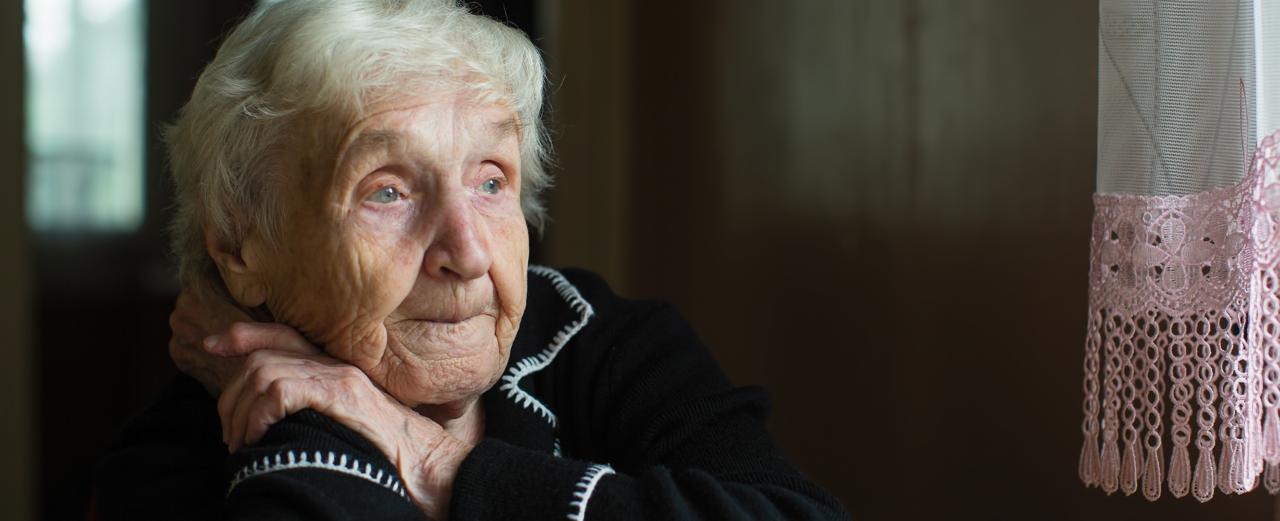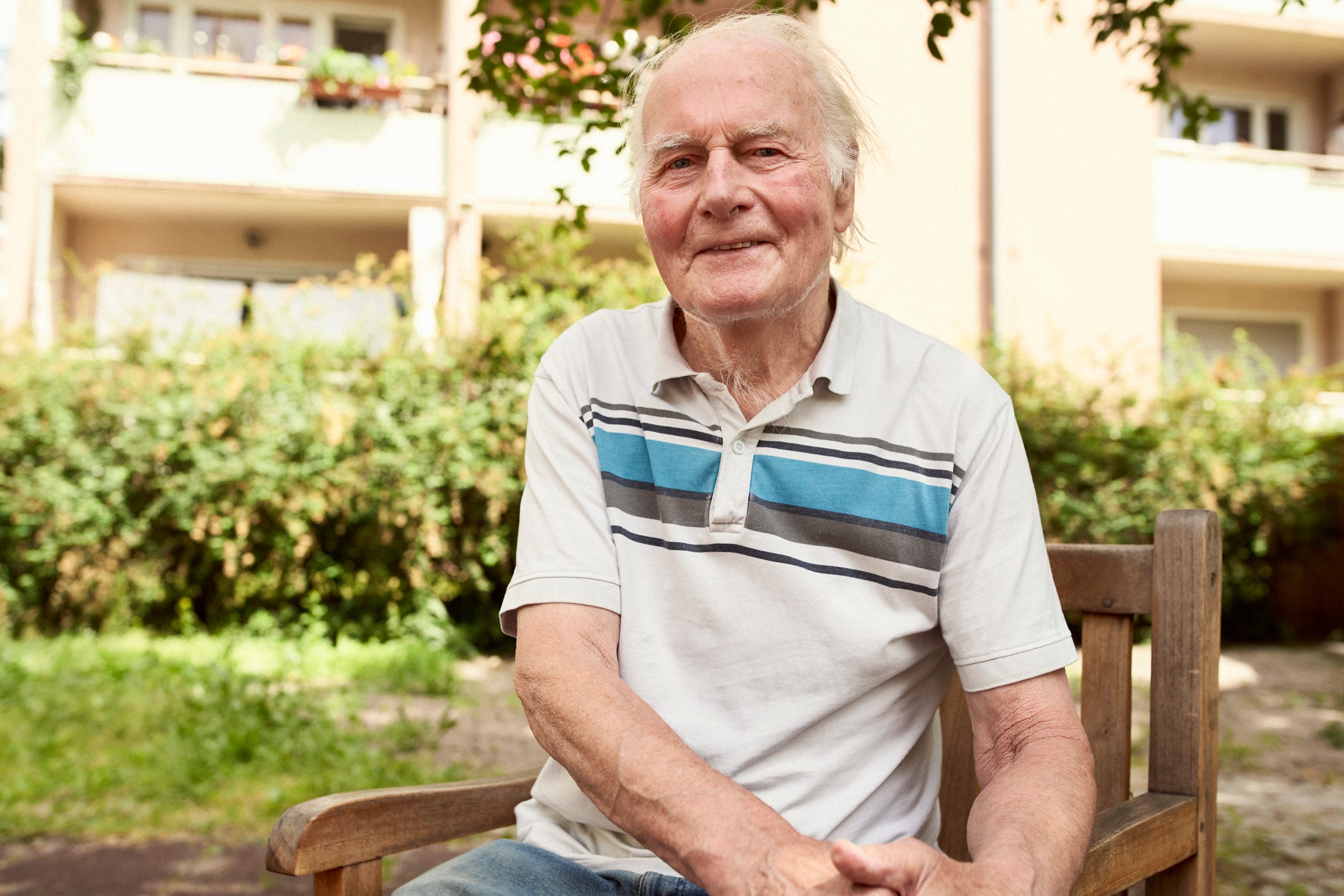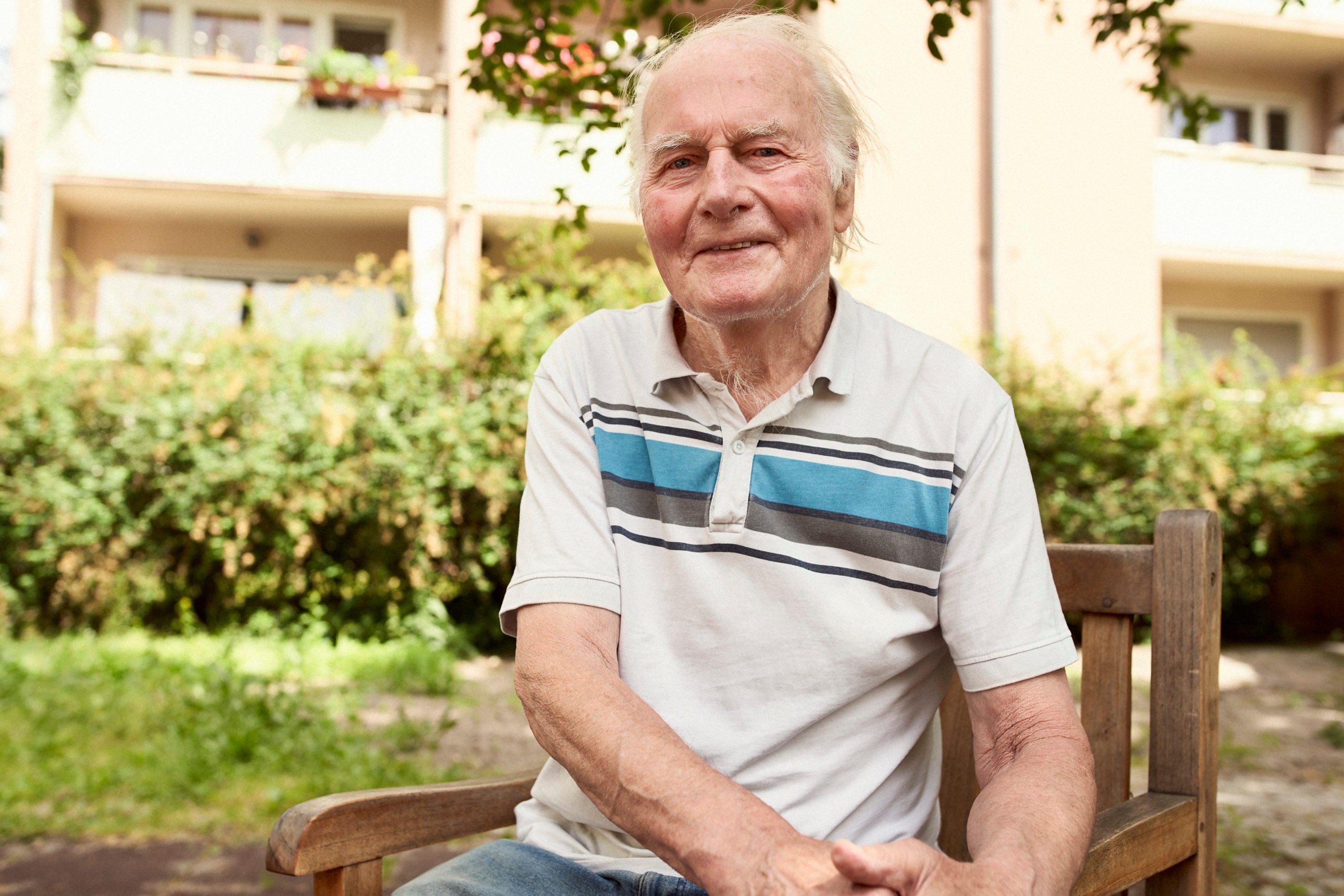Day 1
Four minutes of socializing for an elderly person in Germany
 Less lonely together
Less lonely together


Help for older people in Berlin

need
Shared experiences for elderly people in need of support to combat loneliness and isolation.
activity
Excursions and leisure activities with barrier-free transport and personal care for older people from Berlin-Kreuzberg
Measurable performance
Number of minutes of shared activities and outings for older people.
Result
Older people in need make new contacts and have new projects to look forward to.
Systemically relevant impact
Lonely older people are integrated into a social network and can develop independently for longer. They stay healthier and have a higher quality of life.
background


The good deed
AboutGermany
Berlin
Capital city
83,132,800
Population
$46,946
Gross domestic product
per capita per year
Rank 4 of 189
Human Development Index
(Human Development Index)



